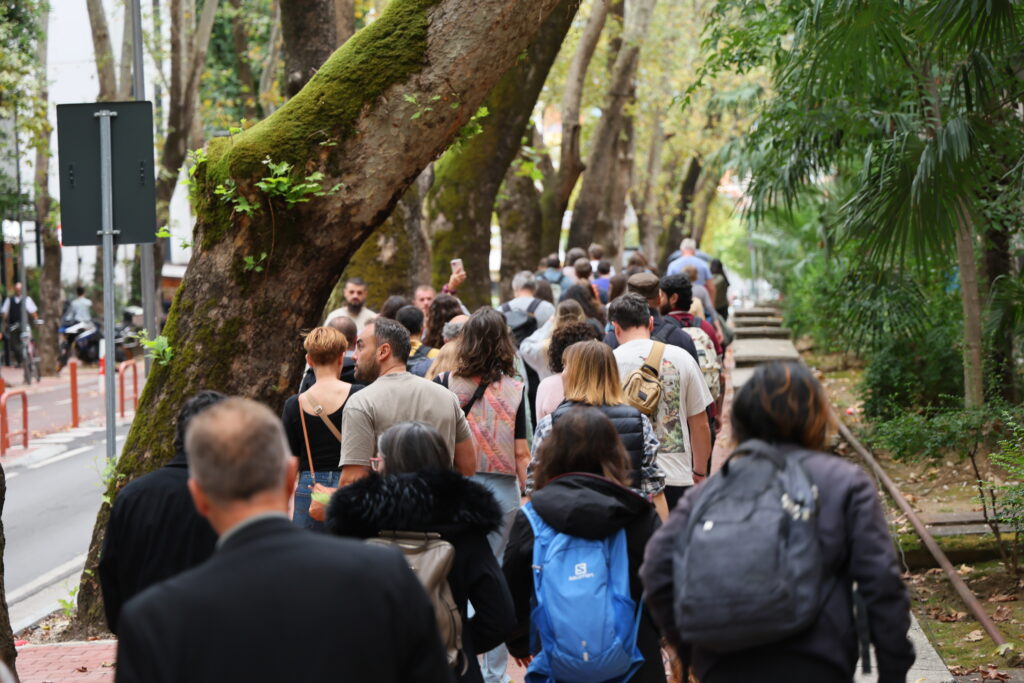
Among all modes of transport, walking is the most universal — it is “democracy in motion.” When people walk, they share space, see one another, and negotiate priorities in real time. A walkable city is therefore not only a well-designed city, but a more democratic city: one where everyone, regardless of age, income or ability, has access to mobility and public life.
This principle has been central to the transformation underway in Tirana. Over the past five years, GIZ has supported the municipality and national institutions in advancing sustainable urban mobility, including the modernisation of public transport, development of cycling and walking lighthouse projects, and the creation of frameworks for integrated mobility planning. One key milestone was the establishment of a municipal taskforce, leading to the Tirana Walking Action Plan, which guides improvements to pedestrian safety, accessibility and public space.
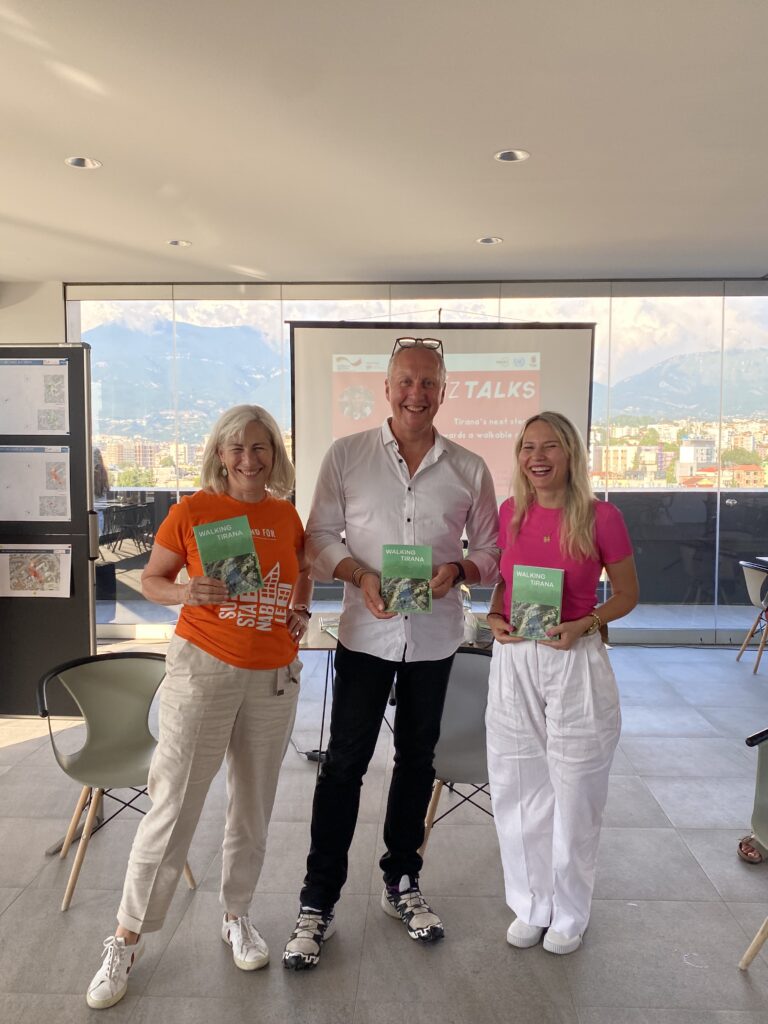
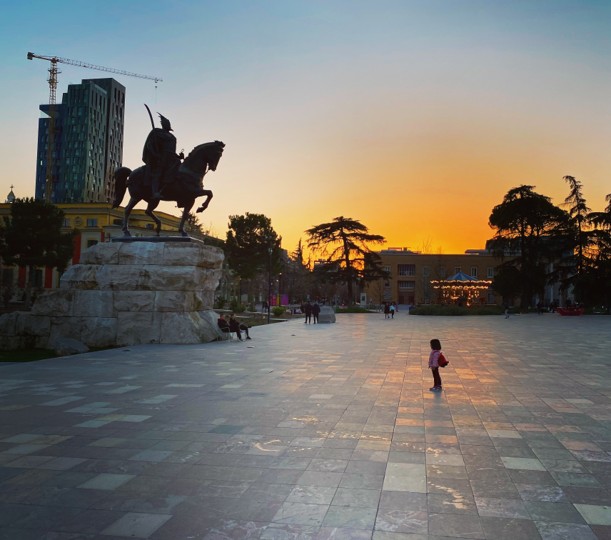
Evidence from Tirana shows that investing in walkability has real social and economic impact. Customers who walk generate around half of weekly retail profits in the city — four times more than drivers. Improving walkability also strengthens gender equity: over half of women in Tirana walk to commercial areas (compared to about 30% of men), and 86% of women use sustainable transport modes, compared with 63% of men. In Albania overall, up to 69% of public transport users are women, who rely more on public and active transport for work, education and caregiving trips. Strengthening walking environments therefore directly improves social inclusion and equitable access to the city.
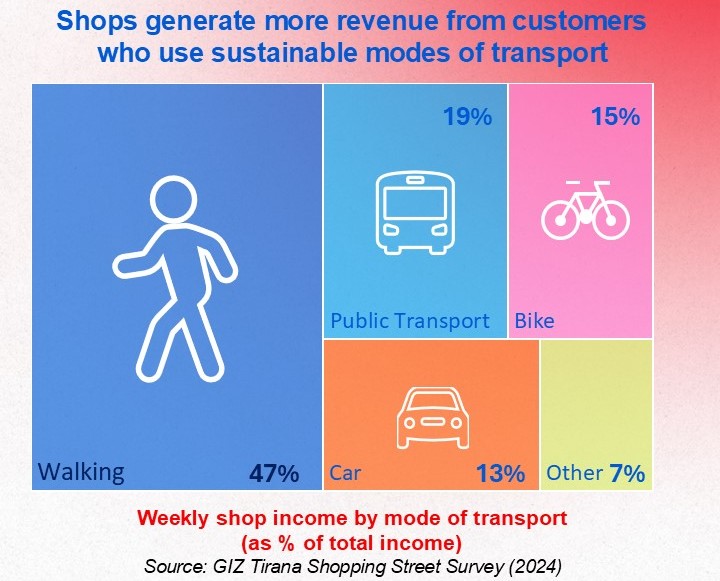
This progress set the stage for Tirana to host the 25th International Walk21 Conference on Walking and Livable Communities from October 6–10. More than 600 participants from 65 countries came together to explore how walking connects health, equity, sustainability, and joy. The conference features speeches by the Acting Mayor of Tirana Ms. Anuela Ristani, the German Ambassador to Tirana, H.E. Karl Bergner, the Albanian Prime Minister, H. E. Edi Rama, Walk21 Foundation CEO Bronwen Thornton, Dr. Christian Mettke, project manager of SUTi, and many more visionary insights from urban leaders and EU representatives.
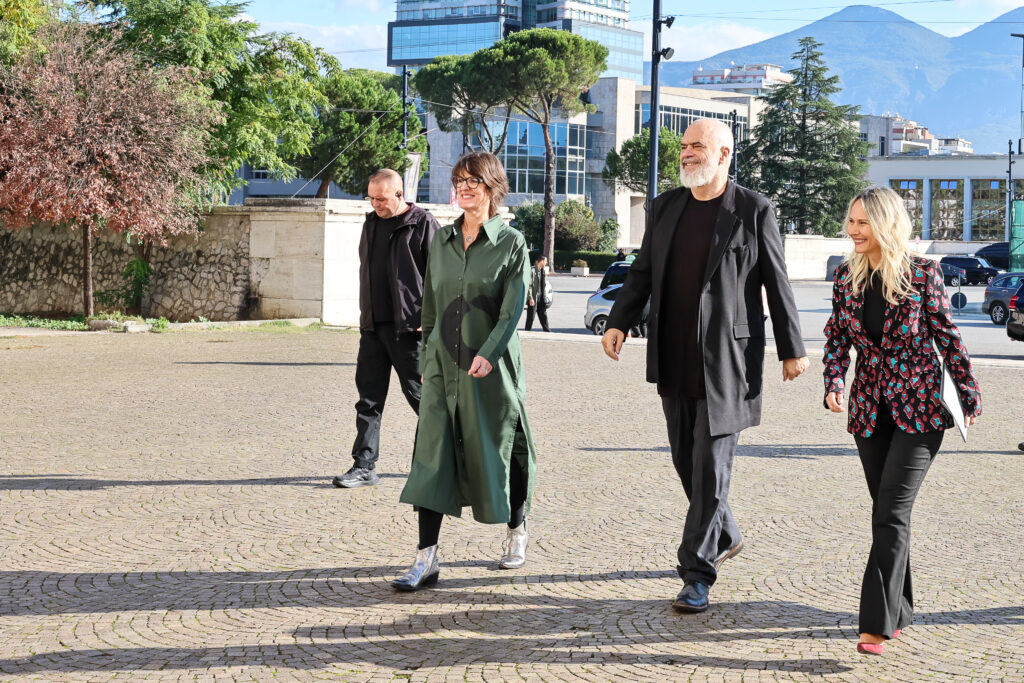
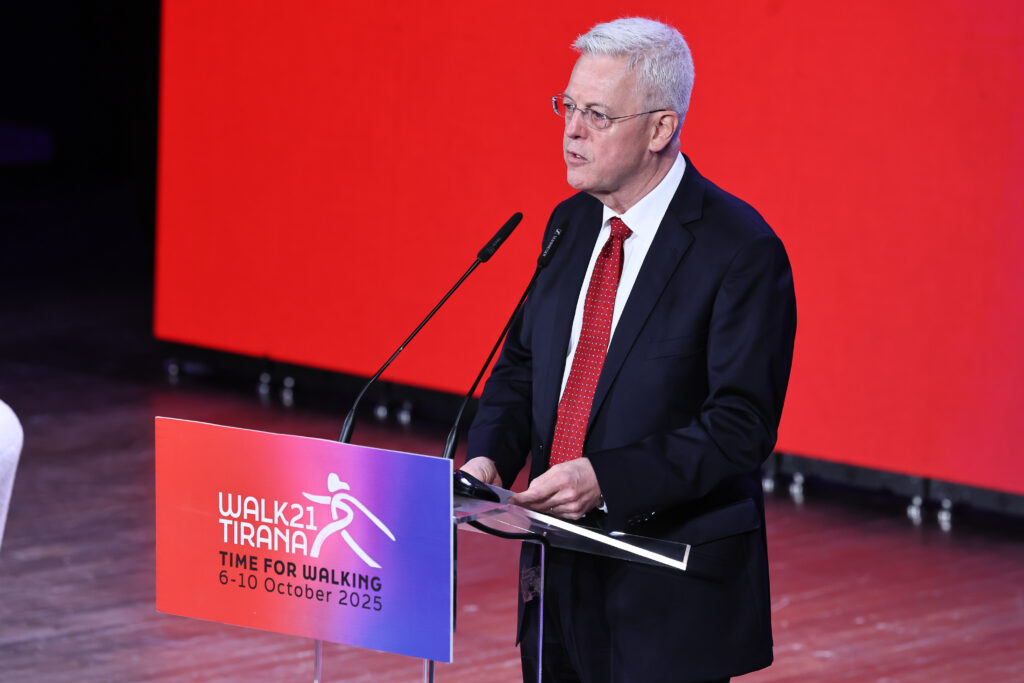
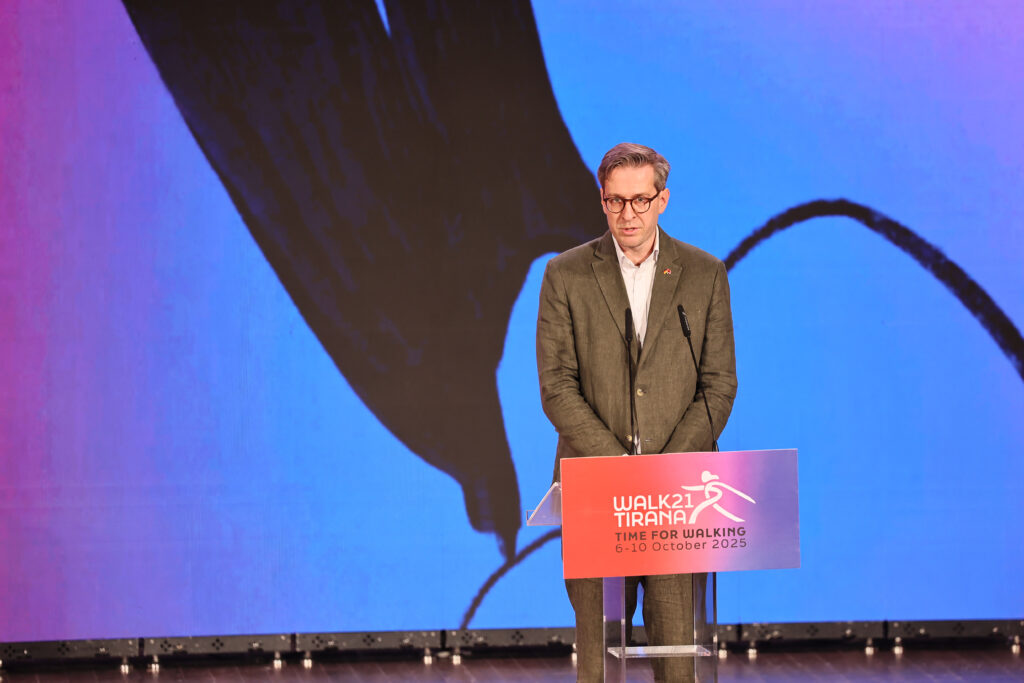
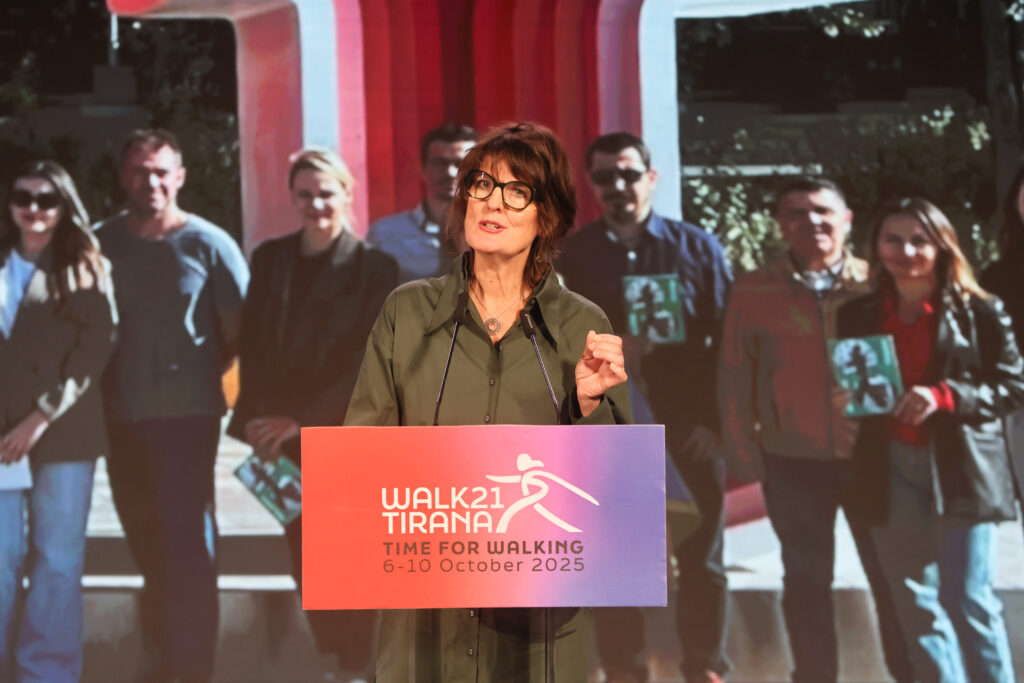
The conference featured 50 sessions, six plenaries, and 180 speakers — more than half of them women — underscoring the diversity and global relevance of the walking movement. Colleagues from six GIZ country offices participated, exchanging knowledge and strategies relevant to cities across regions. GIZ contributed through financial support to the conference organizer, organisational and strategic support to the conference programme, stakeholder engagement for the pedestrianization of the historic planned neighbourhood in Tirana (Blloku neighbourhood redesign), and wayfinding design support for the venue. These efforts form part of the German Government’s broader commitment to sustainable urban mobility, with nearly €300 million currently dedicated to supporting mobility transitions globally.
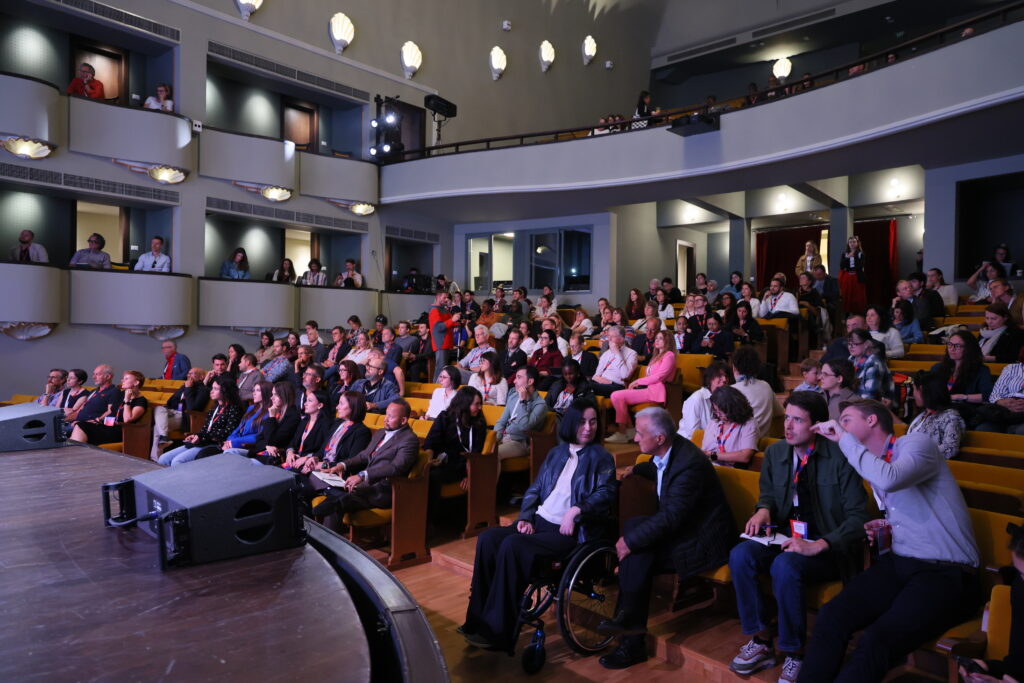
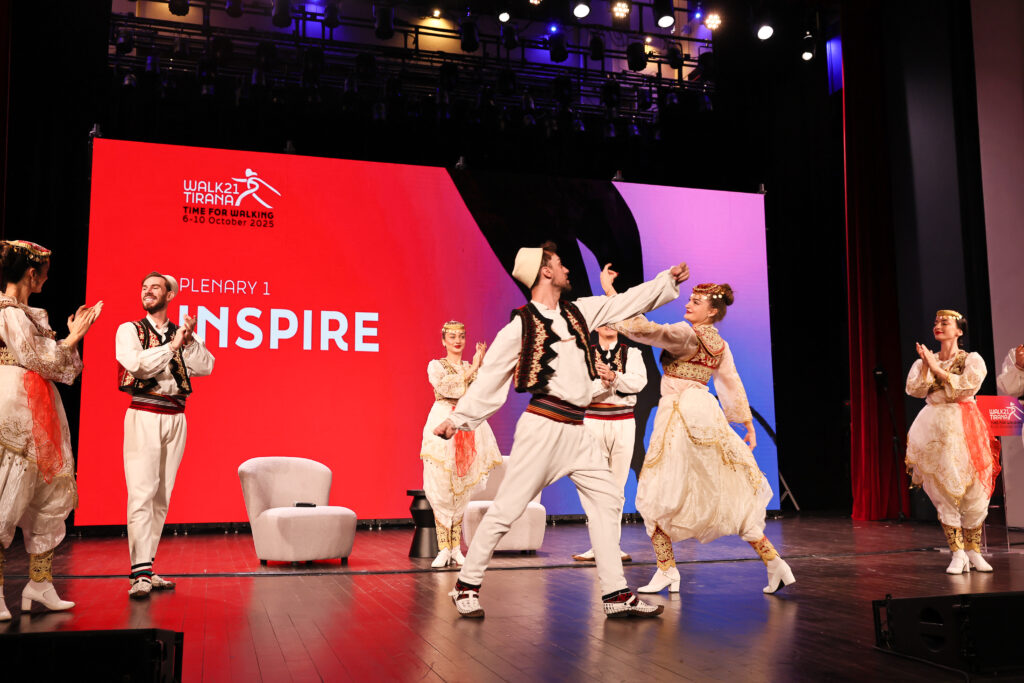
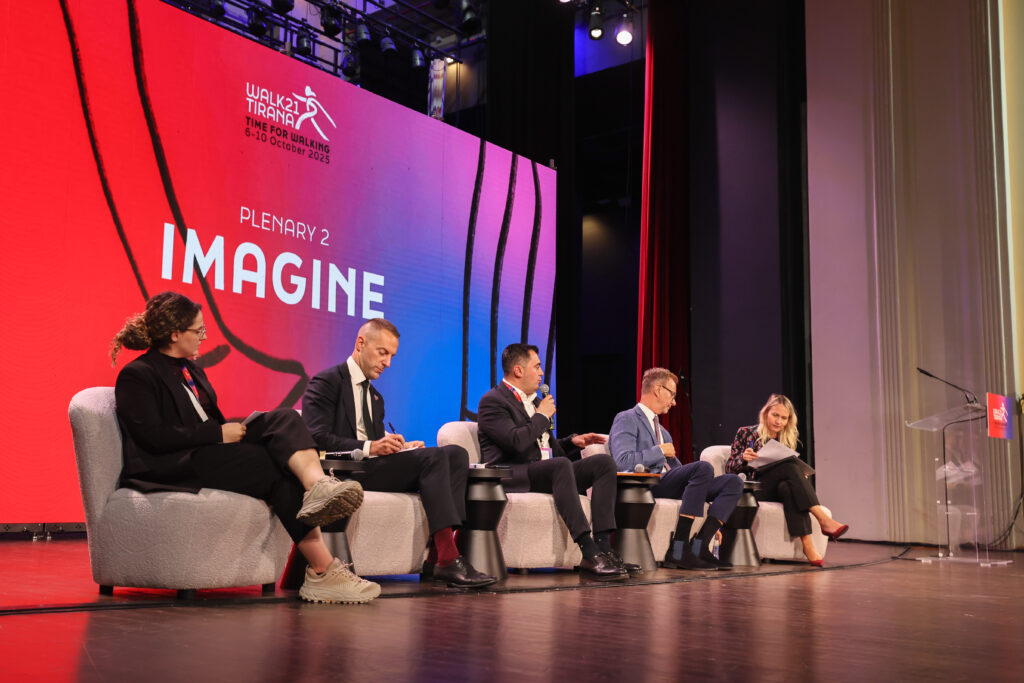
The conference closed with a powerful reflection from Walk21 Founder Jim Walker, marking the 25th anniversary of the movement. He emphasized how far the global walking community has come — and the collective responsibility to continue taking it forward. The conference came at a watershed moment in transport globally, as the UN has declared 2026 – 2035 as the Decade of Sustainable Transport.
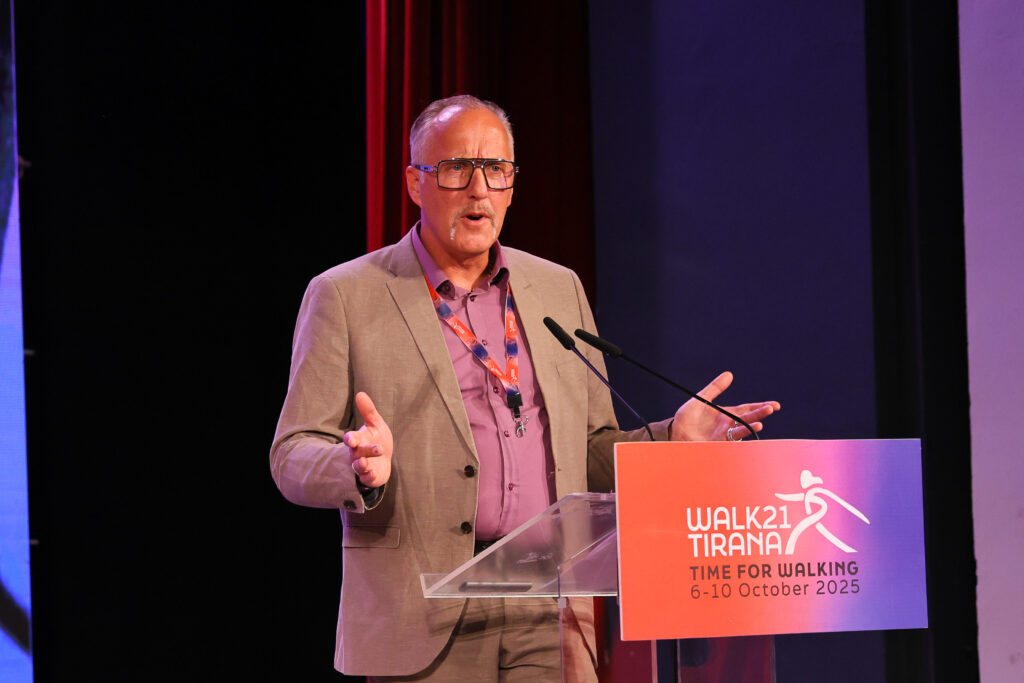
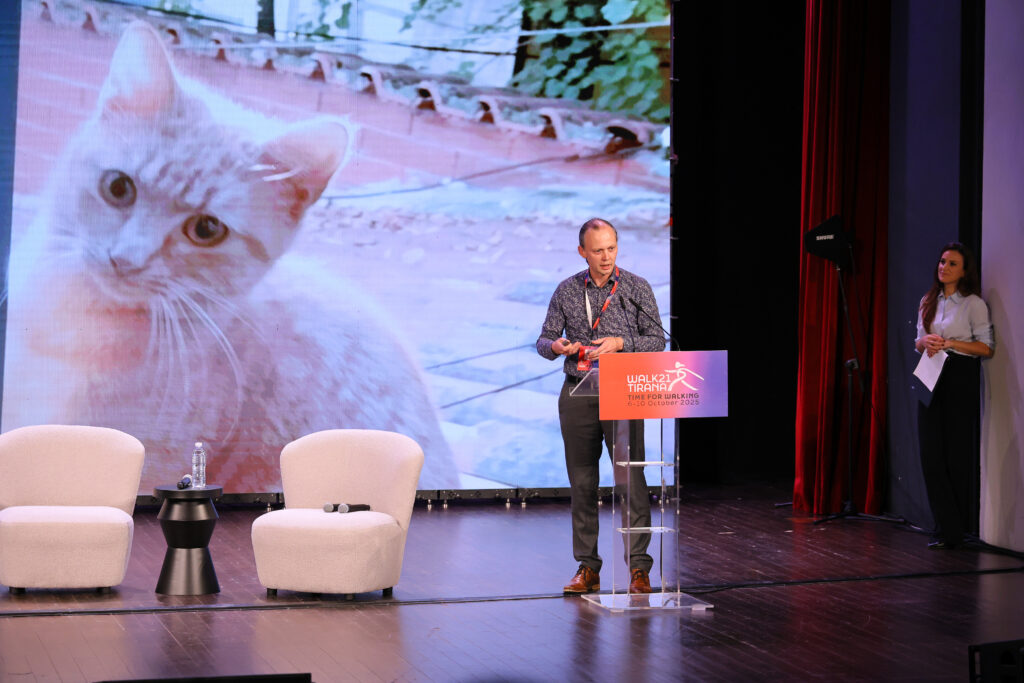
The momentum created in Tirana does not end with the conference, nor is it bound by the city’s boundaries. The project is working on national school street and bus stop design guidelines, which ensure universal accessibility for crucial infrastructure: infrastructures of care and first-last mile connectivity. These initiatives go hand in hand with bus system modernization initiatives, which aim to increase bus system satisfaction and reliability. The work continues in the networks strengthened, between different Municipalities, the lessons carried home from successful case studies from all 64 countries, and the shared commitment to making cities places where everyone can move freely, safely, and with dignity. Walking remains one of the most powerful tools we have to shape more livable, equitable and climate-friendly urban futures.
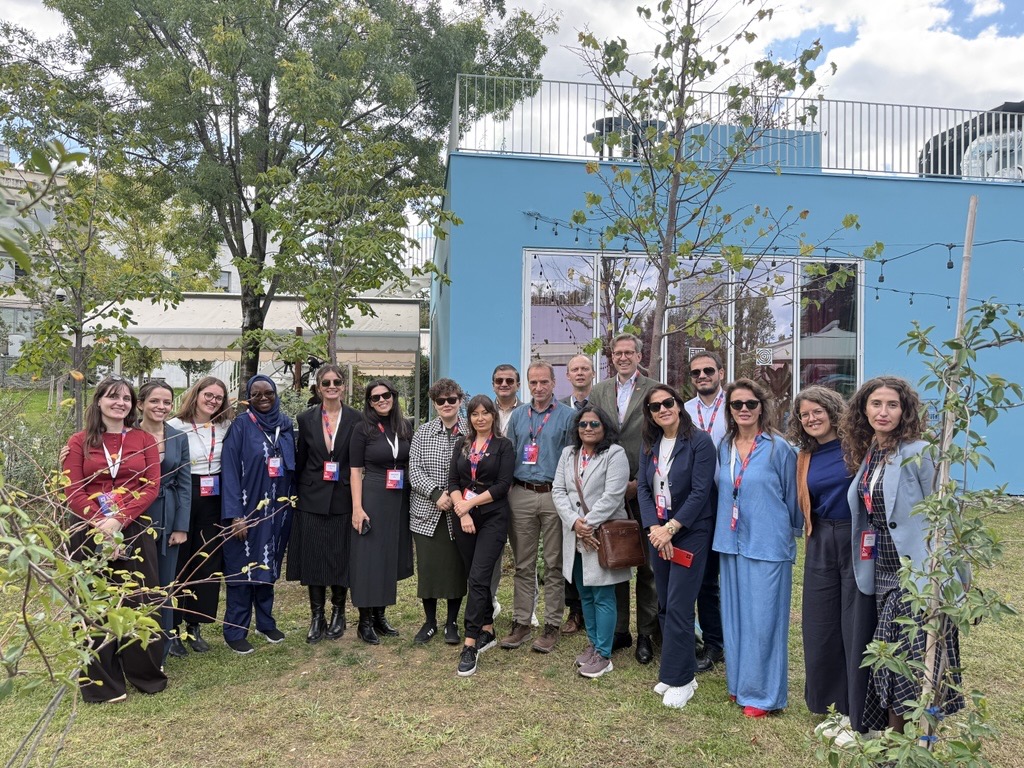
On behalf of the German Federal Ministry for Economic Cooperation and Development (BMZ), GIZ is collaborating with the Ministry of Infrastructure and Energy and other municipalities, to drive sustainable urban mobility reforms across Albania. The Sustainable Urban Transport in Albania (SUTi II) Project builds on the successful experience in Tirana to expand best practices nationwide. The project focuses on modernizing public transport, supporting active mobility, and introducing innovative data-driven decision-making frameworks for sustainable urban mobility.